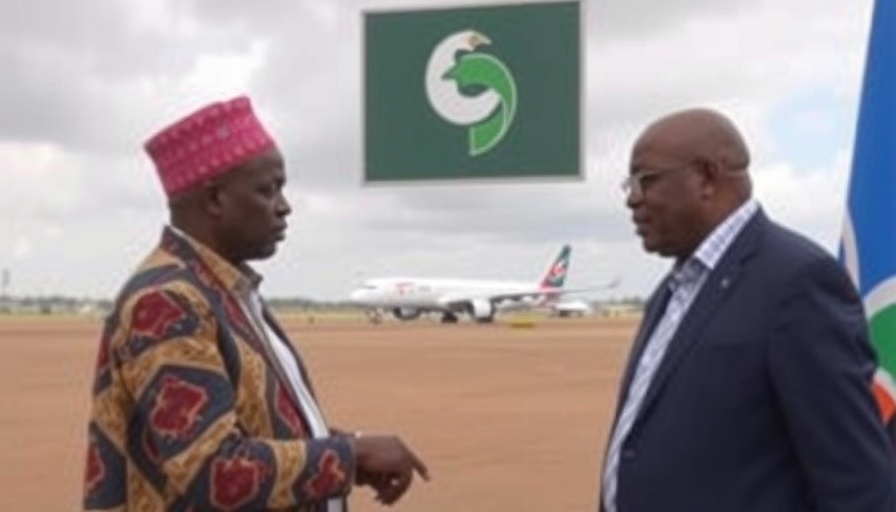
Somalia Lifts Doolow Airport Ban: A New Chapter for Jubbaland
In a significant development, Somalia’s federal government has lifted the flight ban on Doolow airport located in the Gedo region of Jubbaland. This decision comes after nearly five months of grounding domestic air traffic, stemming from a political fallout that has underscored the intricacies of federal-regional dynamics in Somalia.
Political Background: A Turbulent Relationship
The airport closure, implemented on December 23, 2024, was initiated after a Halla Airlines flight allegedly breached Somali airspace. This incident intensified already strained relations between the central government and Jubbaland's regional administration, leading many to view the ban as a tactical punishment against communities perceived to be supportive of President Ahmed Madobe's controversial re-election.
Interior Minister Abdullahi Sheikh Ismail Fartaag cited security reassurances and the urgent needs of Doolow’s population as pivotal factors in the decision to reopen the airport, especially against the backdrop of the upcoming Hajj season. The ban's lifting is expected to catalyze movement for civilians and restore essential services that have been disrupted due to restricted air access.
Implications for Trade and Security
Restoring flights to Doolow airport is not merely an logistical adjustment; it is crucial for reviving trade routes and ensuring the flow of medical resources to a region beset by insecurity and political fragmentation. The reopening, however, is shrouded in cautious optimism. Jubbaland officials have emphasized that the federal government's previous actions might have been less about security and more about undermining regional autonomy.
As the Doolow situation unfolds, it highlights how effectively managing local governance while balancing federal oversight remains a challenge for Somalia's fragile political landscape. The Somali government's directive for heightened security vigilance at the airport reflects a continued awareness of underlying tensions.
Future of Somali Federalism: A Diagnostics View
The ongoing drama between Mogadishu and Jubbaland offers a window into the challenges of federalism in Somalia. It invites a deeper examination of how centralized powers can impact local governance without spiraling into conflict or alienation of regional autarkies.
As investors and policymakers watch these critical structuring dynamics, the Doolow airport reopening signifies a step towards more robust engagement and dialogue in Somalia's political framework, potentially paving ways for strengthened trade relations not just regionally but in global contexts as well.
With the promise of further developments on the horizon, stakeholders across Africa’s economic landscape must remain apprised of these shifts in governance and their wider implications for economic collaboration and security across the Eastern Africa region.
 Add Row
Add Row  Add
Add 


Write A Comment